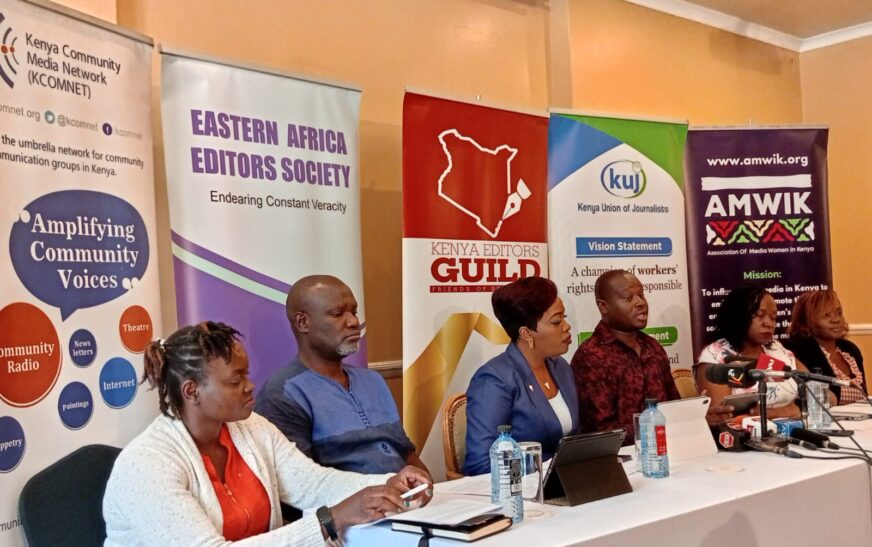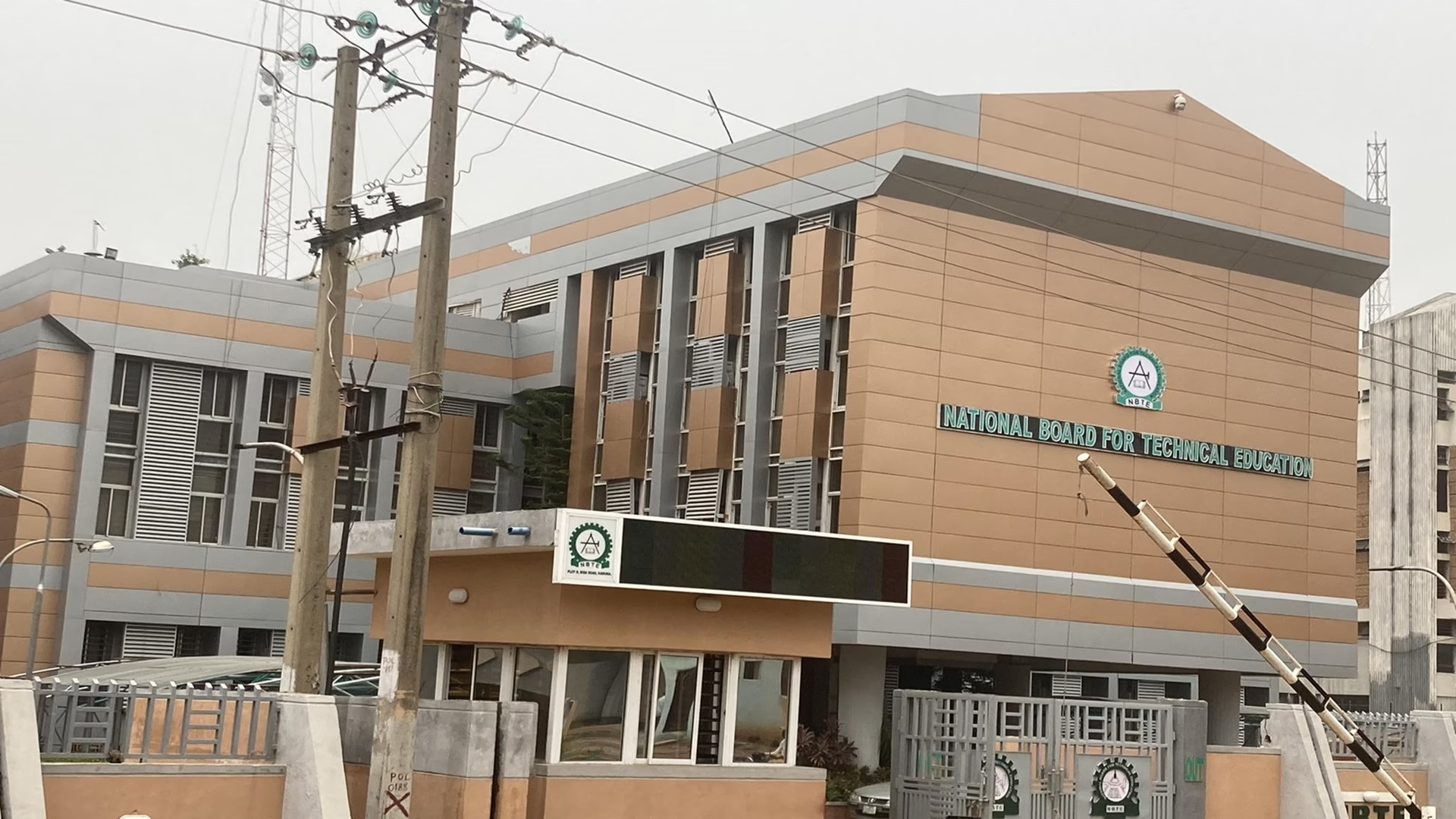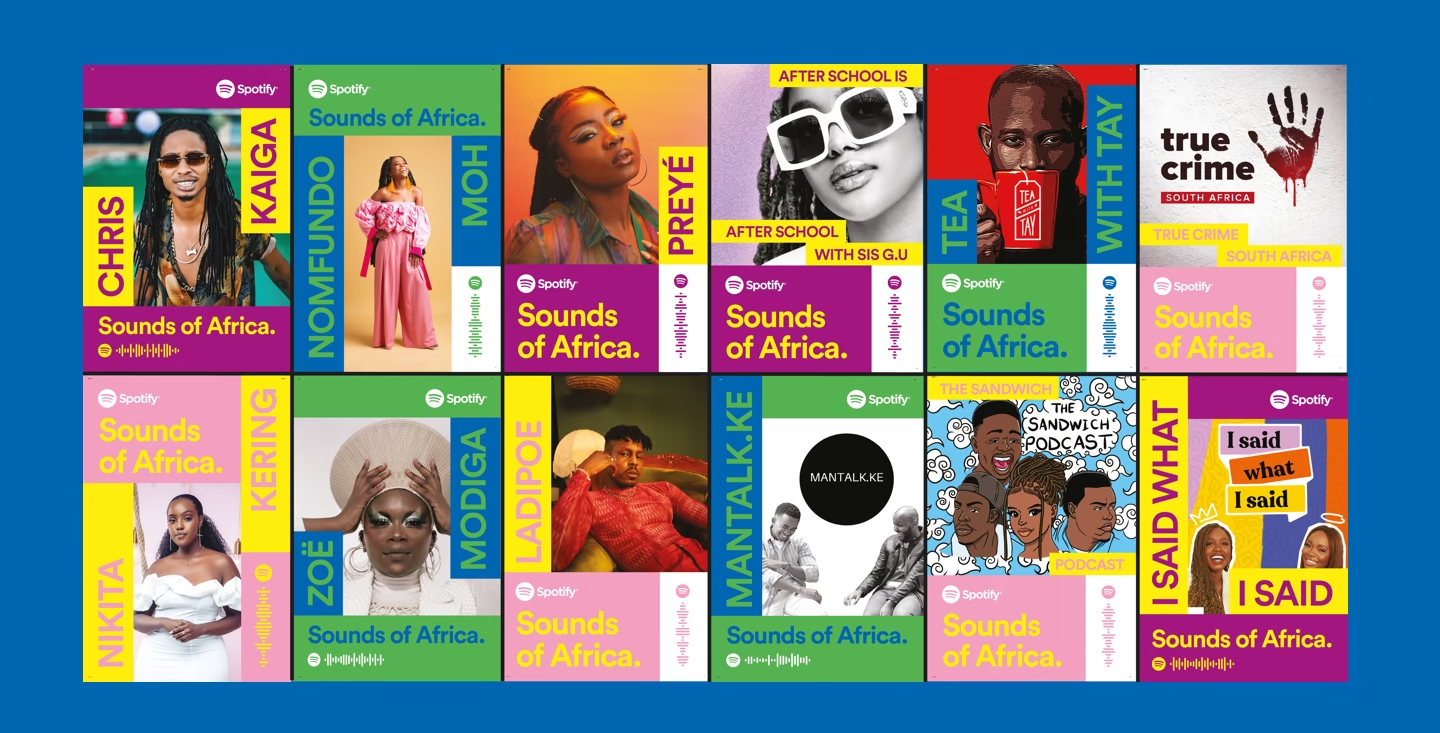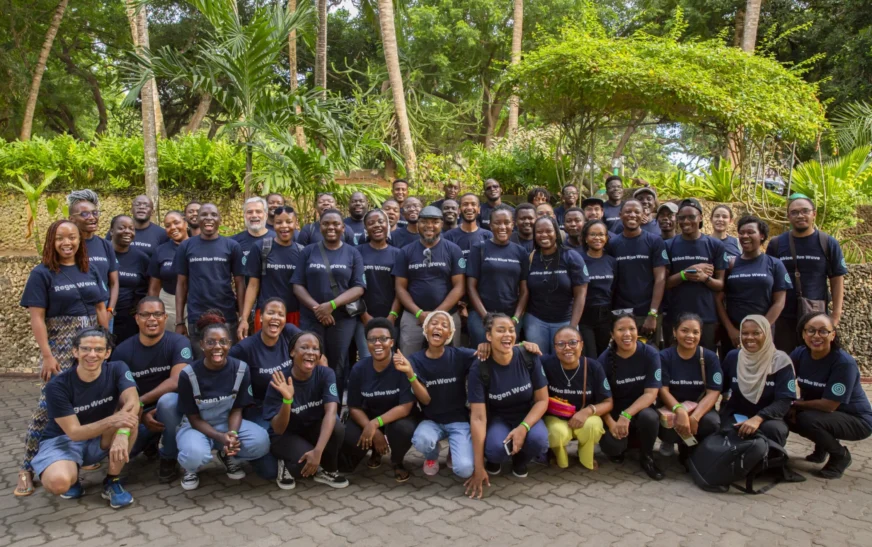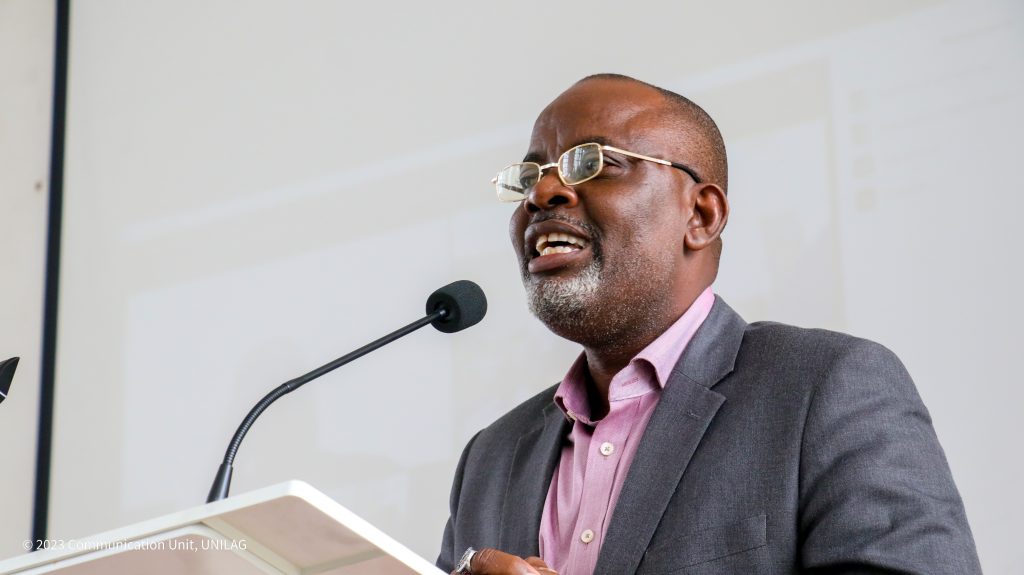Media practitioners in Kenya are poised to take legal action if the government does not revoke its recent directive mandating all ministries, state agencies, independent commissions, and public universities to exclusively air their TV and radio advertisements on the national broadcaster, KBC.
Media Practitioners Push Back
The Kenya Media Sector Working Group (KMSWG), a coalition of over 20 media associations, has denounced the directive issued by Broadcasting and Telecommunications Principal Secretary Edward Kisiang’ani as a threat to Kenya’s free media. The directive comes on the heels of a government contract awarded to The Star newspaper for exclusive publication of all print advertising, a decision already contested in court.
Violation of Constitutional Rights
Media practitioners argue that restricting public sector advertising to a single, state-controlled channel undermines the freedom of expression, media freedom, and access to information, all of which are enshrined in the Kenyan Constitution.
“The Constitution of Kenya, in the Bill of Rights (Article 34), guarantees freedom of the media as a fundamental right. This directive is a deliberate attempt to stifle dissenting voices, control the public narrative, and ultimately weaken the democratic fabric of the nation. A healthy democracy thrives on a plurality of ideas and viewpoints, not on a singular, government-sanctioned narrative,” stated KMSWG in a joint statement.
Historical Bias and Financial Motivations
KMSWG members, including the Kenya Editors Guild (KEG) and the Kenya Union of Journalists (KUJ), held a press briefing to demand the immediate reversal of the directive. KUJ Secretary General Eric Oduor criticized KBC’s editorial line for historically mirroring the government’s position, leaving little room for critical perspectives or investigative journalism.
Prof. Kisiang’ani defended the directive, arguing it aims to financially revive the struggling KBC, aligning with a Treasury circular from 2015 which centralizes public sector advertising. Earlier this year, the State Department for Broadcasting and Telecommunications awarded a tender for government advertisement printouts exclusively to The Star newspaper.
Legal Action and Broader Implications
The KMSWG is preparing to challenge the directive in court, citing it as the latest in a series of state actions against free media. “Already, our lawyers are working on the paperwork and once they complete, we will move to court to challenge this directive. We will challenge all of them,” said the group.
Zubeida Kananu, KEG president, warned that diverting advertising resources exclusively to KBC would starve independent media of crucial financial resources, potentially leading to closures, job losses, and a shrinkage of the media landscape. She emphasized the importance of government advertising in fostering media diversity and supporting alternative media at community and devolved levels.
A Call to Defend Media Freedom
The KMSWG has called on media practitioners, media entities, friendly nations, development partners, investors, and proponents of democracy, freedom of information, and human rights to unite in defense of a free media. The group argues that recent government actions reflect ongoing hostility towards independent media, inherited from the previous administration.
“Government advertising has been an important enabler of media diversity, encouraging a multiplicity of investors to provide alternative media, especially at community and devolved levels,” Kananu added. “The latest assaults on media by the Kenya Kwanza government indicate that the open hostility inherited from the previous administration towards independent media, civil society, and other watchdog institutions continues unabated.”
The media professionals emphasized that decisions on government advertising should ensure fair, prudent, non-discriminatory, and transparent utilization of public resources, rather than pursuing an agenda to undermine free and independent media.
Conclusion
The KMSWG’s stance highlights the critical role of independent media in maintaining a healthy democracy and the importance of safeguarding media freedom against government overreach. The group remains steadfast in its commitment to challenging any actions that threaten the free flow of information and the diversity of voices in Kenya’s media landscape.

